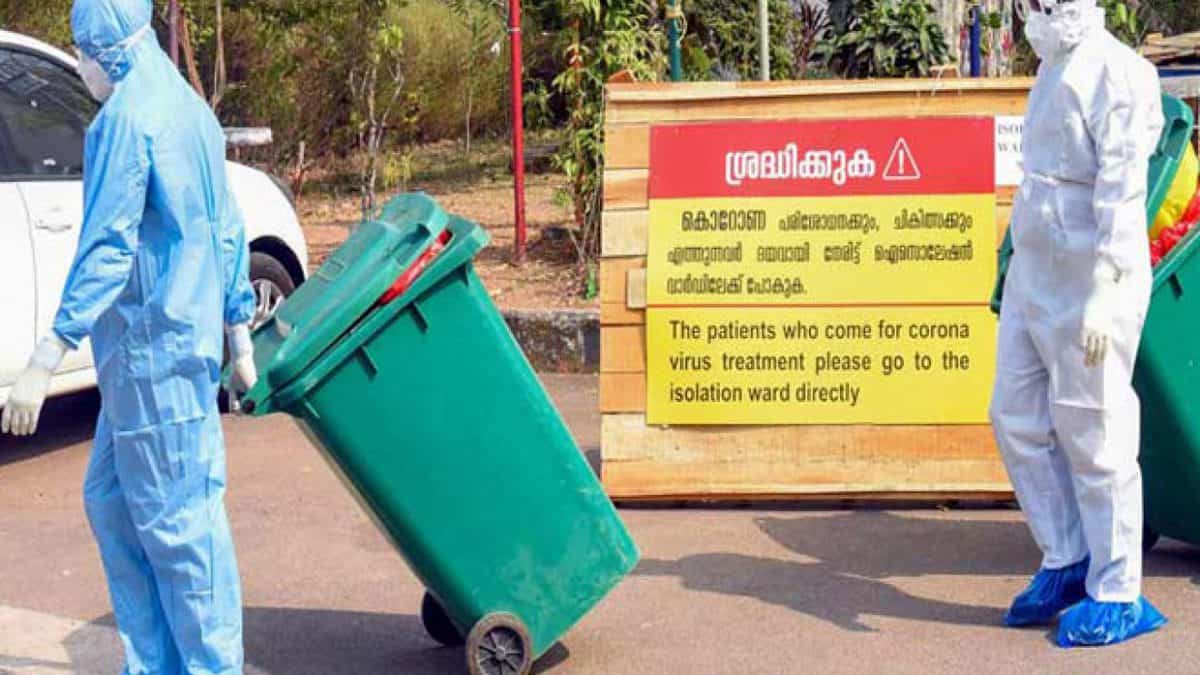Karachi: The Kerala model is garnering global praise for flattening the Covid-19 curve with only four deaths thus far in the state.
In an op-ed for Dawn, Lahore University of Management and Sciences (LUMS) Professor Umair Javed chalks this up to two possible explanations.
One is the accommodation of low-income/working class groups in the governance of the state through social inclusion. The state has actively addressed issues concerning the low income groups. He cites many prominent left-leaning academics like Patrick Heller and Manali Desai on how the Communist Party has made such empowerment of the lower strata possible.
That too, even during non-Communist rule.
An active civil society, social development organisations, union and social collectives are responsible for holding the state accountable.
Another theory is that of Brown University academic Prerna Singh’s. She attributes this cohesive, welfare society to the ethnic unity and solidarity prevalent among Keralites. Javed writes, that “A sense of shared identity, history, and destiny helps build patterns of nationalist sentiment which then pave the way for welfare-oriented decision-making.”
Regardless of which theory one chooses to accept, one cannot deny that the poorest constituents are well looked after. They, like other residents of the Kerala, are beneficiaries of large investments in the public health system.
The LUMS Professor quotes Heller’s piece for The Hindu: “Whether in focalising containment efforts in hotspots, tracking down those who have been exposed or managing the broad array of direct benefits that have been distributed to migrant workers, the elderly and the differently abled, the key has been the capacity of state actors and civil society partners to coordinate their efforts at the level of panchayats, districts and municipalities.”
Much like India, Javed points out how there are little results to show in Pakistan despite the rhetoric accompanying haphazard lockdown measures. Be it the civil society, substantive investments in robust healthcare systems, a welfare society, or political cohesion, both the Indian and Pakistani governments have a lot to learn from Kerala, he says.

